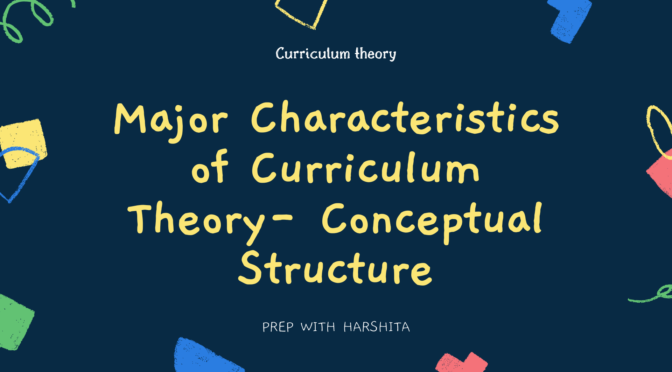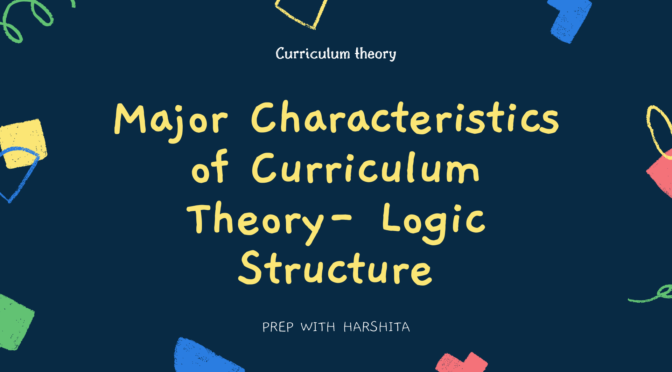The conceptual structure of curriculum theory includes the following major characteristics:
- Curriculum as a social construct: Curriculum theory views curriculum as a socially constructed structure that is shaped by the values, beliefs, and relations of society. It recognizes that curriculum is not a neutral organization or structure but is influenced by social and cultural contexts.
- Curriculum as a process: Curriculum theory views curriculum as a dynamic and ongoing process that involves the design, implementation, and evaluation of educational programs. It recognizes that curriculum is not a fixed entity but is constantly evolving and changing in response to new knowledge, social and cultural changes, and educational policies.
- Curriculum as a context for learning: Curriculum theory views curriculum as a context for learning, in which learners engage in meaningful and purposeful activities that promote their intellectual, social, and emotional development. It recognizes that curriculum is not just a collection of knowledge and skills but is a means for promoting the holistic development of learners.
- Curriculum as a tool for social change: Curriculum theory views curriculum as a tool for social change, in which educators can use the curriculum to promote social justice, equity, and democracy. It recognizes that curriculum can be used to challenge social inequalities and to promote the empowerment of learners.
- Curriculum as a reflection of values and beliefs: Curriculum theory views curriculum as a reflection of the values and beliefs that underlie education. It recognizes that curriculum is not value-free but is shaped by the beliefs and values of educators, learners, and society.




